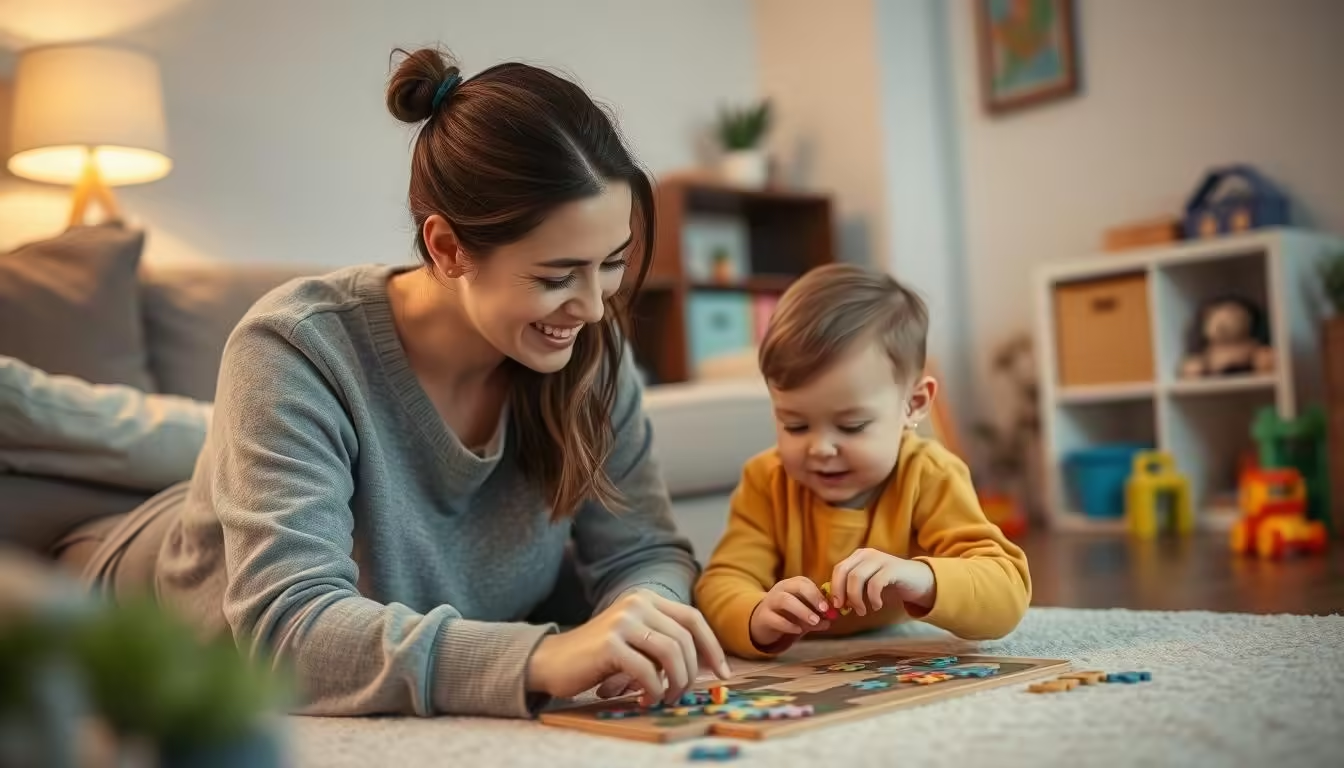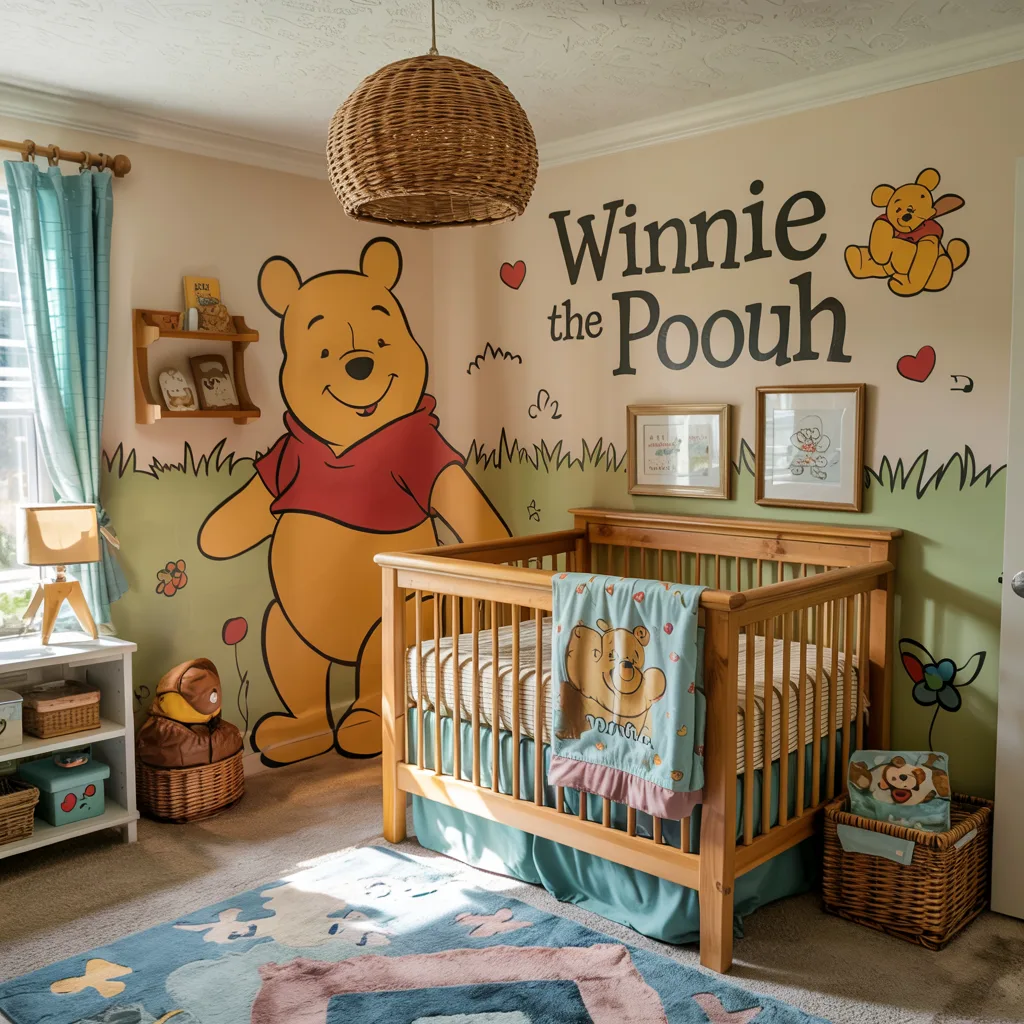As parents, we often use traditional methods like grounding when our kids misbehave. But is there good ways to punish kids besides grounding them? Research shows these punishment-based approaches might not be the best. Instead, we can try alternative strategies that help our kids grow and strengthen our bond.”
This article explores ways to discipline kids that go beyond grounding. We’ll look at positive reinforcement, empowering kids, and using natural consequences. These methods help create a supportive environment that encourages positive change.
Key Takeaways
- Punishment can lead to resentment and power struggles between parents and children.
- Building a strong relationship and understanding your child’s perspective is crucial for effective discipline.
- Avoid harsh punishments and focus on helping children reflect on their actions and make amends.
- Empower your child by involving them in finding solutions and providing a supportive structure.
- Use natural consequences and restorative justice to teach valuable life lessons.
Table of Contents
Transition to Peaceful Parenting
Changing to a more positive discipline approach means focusing on the bond between you and your child. It’s about having positive interactions, understanding your child, and avoiding power struggles. This way, your child feels safe, understood, and wants to cooperate.
Strengthen Your Relationship
A strong bond with your child is key for positive discipline strategies. Spend quality time together, listen actively, and validate their feelings. This builds a strong bond and helps with empathetic communication when things get tough.
Understand Child’s Perspective
It’s important to step into your child’s shoes when disciplining. Try to understand their unique needs, triggers, and motivations. This child-centered approach lets you respond with empathy instead of anger, avoiding power struggles.
Avoid Punishment and Power Struggles
Methods like grounding or timeouts can harm the parent-child relationship. Instead, use collaborative problem-solving and natural consequences. This way, your child learns from mistakes without feeling bad or resentful.
“The foundation of discipline is connection, not coercion.” – Dr. Laura Markham
By adopting a peaceful, positive parenting approach, you create a supportive environment. Your child will feel understood, supported, and motivated to cooperate. This helps build strong, resilient children who can handle life’s challenges with empathy, responsibility, and self-control.

Teach Valuable Life Lessons
As a parent, your role is more than just punishing bad behavior. You should teach your kids important life skills. This means helping them think about their actions and the results they cause. It’s about teaching them to make better choices on their own, not just because of rewards or punishments.
Reflect on Actions and Consequences
Don’t rush to punish your child when they misbehave. Instead, help them reflect on their actions and the consequences that follow. Ask them to think about how their actions affect others and themselves. This helps them understand and make better choices in the future.
Encourage Responsible Decision-Making
- Involve your child in making decisions when it’s right. Ask them to think about the outcomes of their choices and guide them towards responsible decision-making.
- Celebrate their successes and growth. This shows you value their positive actions and helps them feel more confident in making good choices.
- Remember, teaching life skills and reflective discipline is key, not just punishment. By focusing on responsible decision-making, you’re helping your child develop important skills for life.
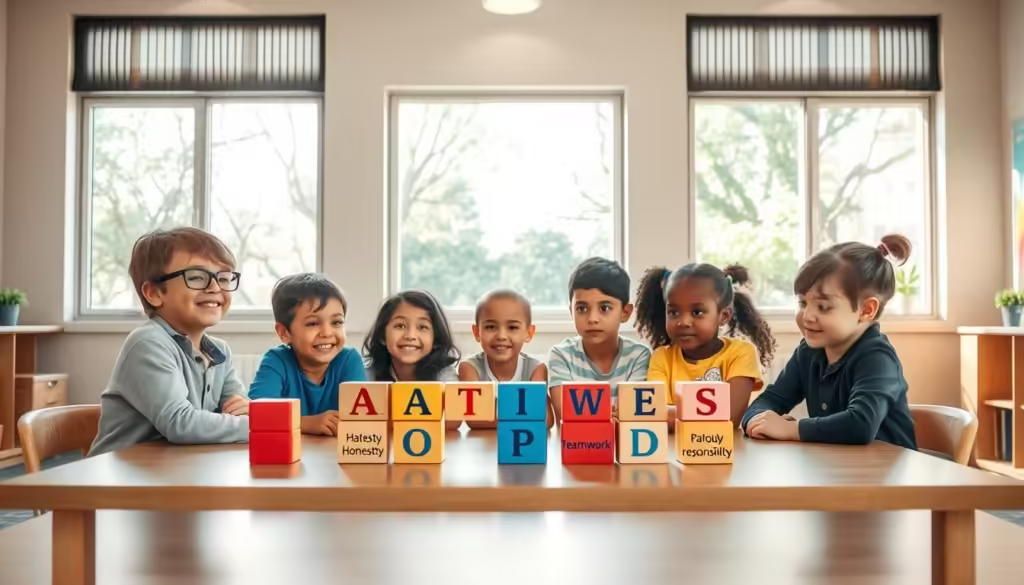
Effective discipline isn’t about controlling your child. It’s about teaching them to self-regulate and face natural consequences. This way, they’ll grow into responsible, resilient people who can handle life’s challenges with confidence and integrity.
Move from Anger to Empathy
When dealing with tough child behavior, parents should move from anger to empathy. This means taking a break, calming down, and solving problems together. This approach helps create a better space for talking and finding solutions.
Children, especially those with ADHD, often find it hard to control their anger. They might have more meltdowns because they struggle with emotional control. This can also make social situations tough for them.
Using mindfulness practices and Cognitive Behavioral Therapy (CBT) can help. These methods can reduce aggression in kids with ADHD. Also, regular physical activity can help them manage their feelings by releasing happy hormones.
“The key is to approach the situation with empathy and understanding, rather than reacting with anger or punishment. This creates an environment where the child feels heard and supported, making it more likely that they will engage in the problem-solving process.”
Your child’s ability to manage emotions is still growing. They need your help and patience to deal with their feelings. By moving from anger to empathy, you can start a better conversation. This helps your child learn how to handle their emotions in a healthy way.
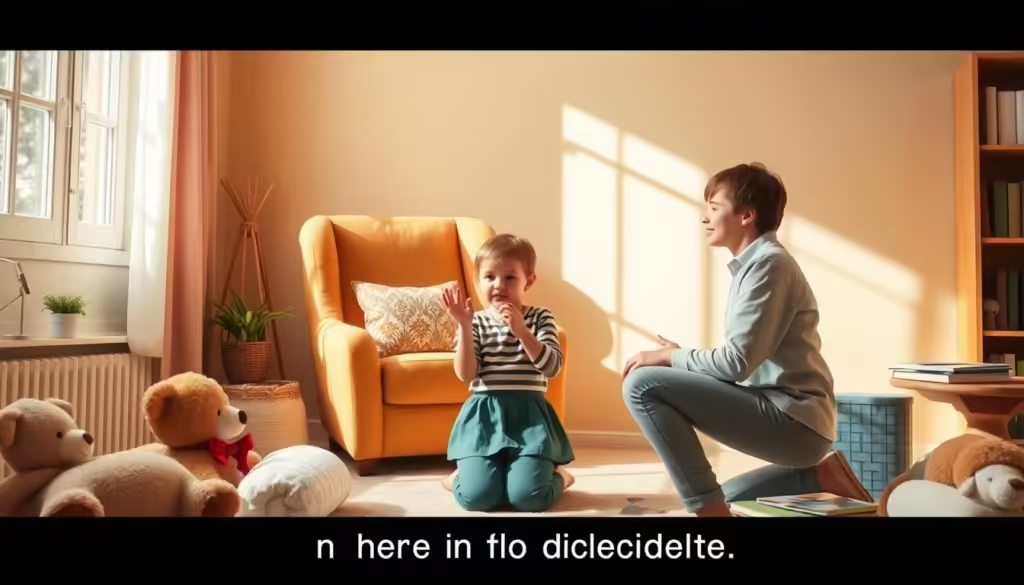
Start with a Warm Connection
Effective discipline starts with a strong bond between parent and child. When kids feel safe, understood, and supported, they’re more open to learning. Begin talks about discipline with a positive, empathetic tone to make them more receptive.
To build trust and safety, try these strategies:
- Engage in active listening to get your child’s view and feelings.
- Validate their emotions by saying, “I can see you’re feeling frustrated right now.”
- Offer comfort and empathy when they’re feeling overwhelmed.
- Look for chances to praise and celebrate their good actions and efforts.
When kids know their needs are being met and their voices are heard, they’re more likely to listen. This helps build a strong, positive relationship that supports their growth.
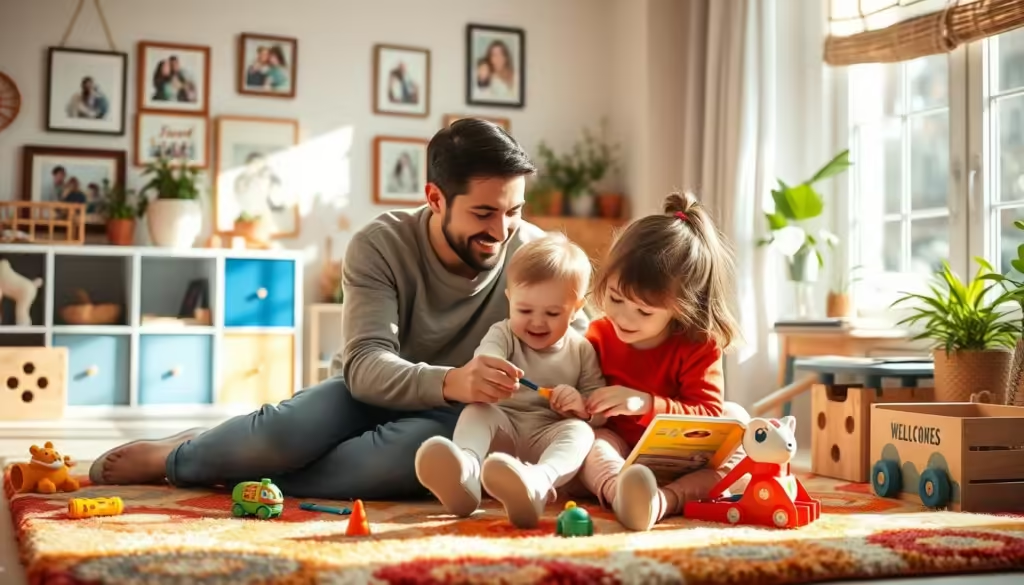
“Emotions are contagious, and when we hold space for our children’s big feelings, we’re teaching them how to self-regulate and strengthening our bond.”
Starting with a warm connection makes discipline a team effort, not a fight. This way, you can build trust, foster responsibility, and develop self-discipline in your child.
Let Your Child Share Their Thoughts
Letting your child share their thoughts and feelings can give you valuable insights. By listening without judgment and showing you understand them, you show respect and build trust. These are key for effective discipline.
When dealing with behavioral issues, don’t rush to solutions or punishment. Let your child share their thoughts and feelings first. This way, you can understand their motivations and the reasons behind their actions.
- Actively listen to your child’s perspective, without interrupting or dismissing their views.
- Reflect back what you’ve heard to show your child you’re trying to understand their point of view.
- Avoid judgment or criticism, and instead, focus on empathizing with their experiences and emotions.
Creating a space where your child feels heard and respected builds trust and cooperation. This makes them more open to your guidance and discipline strategies. It leads to better behavior changes.
| Effective Grounding Strategies | Potential Negative Consequences of Grounding |
|---|---|
|
|
By letting your child share their thoughts and feelings, you open the door to better discipline strategies. This approach, based on listening and non-judgmental communication, helps you understand your child’s perspectives. It’s essential for disciplining children effectively.
Focus on Understanding Their Point of View
To help children behave better, it’s key to empathetic perspective-taking. Try to understand why they act a certain way, even if you disagree. By avoiding assumptions and focusing on understanding their point of view, you can have better talks. This way, you can find solutions together.
Talking is very important. Get your child involved in making family rules and talking about duties. Agree on what happens if they don’t follow the rules. This child-centered discipline makes your child feel important and involved.
If a child breaks a rule, explain the problem clearly. Encourage them to think about it and stay positive. This teaches them to solve problems, not to fear punishment.
“Understanding the reasons behind a child’s behavior is crucial for choosing appropriate responses.”
Methods like Conscious Discipline show how important it is for adults to manage their emotions. By making a safe and loving space, you can teach your child good behavior. Use kindness and gentle guidance.
Remember, empathetic perspective-taking, avoiding assumptions, and child-centered discipline are essential. They help you deal with tough behaviors and help your child grow positively.
Ask Open-Ended Questions
Instead of giving consequences or lectures, ask open-ended questions. These questions help your child think about why they acted a certain way. It also helps them understand the results of their actions. This way, they learn to take responsibility for their actions without feeling defensive.
Explore Motivations and Choices
Don’t assume you know why your child misbehaved. Ask questions that explore the underlying factors behind their actions:
- What were you hoping to achieve by doing that?
- Can you tell me more about what you were thinking when you made that decision?
- How do you think your actions affected others?
Encourage Self-Reflection
Helping your child reflect on their actions is crucial. It teaches them to understand their own motivations and decisions. Ask questions that encourage deeper thinking:
- What do you think you could have done differently in that situation?
- How do you feel about the way you handled that?
- What have you learned from this experience that you can apply next time?
By focusing on open-ended questions and self-reflection, you help your child take responsibility for their actions. This approach leads to lasting changes and prepares them for success in life.
Empower Your Child
Effective discipline is more than just correcting bad behavior. It’s about empowering children to own up to their actions. This way, they can find ways to fix things or do better next time. This method, called restorative discipline, helps kids feel capable and in control, not just punished.
Help Them Repair and Improve
When your child messes up, help them come up with ways to fix it. This could mean saying sorry, doing something nice for someone, or finding other ways to make things right. By doing this, you teach them important life lessons about being accountable and fixing mistakes.
Provide Supportive Structure
It’s also key to give your child a supportive structure to help them make better choices. This might mean setting clear rules, guiding them, and praising good behavior. The aim is to help your child grow and learn, not just punish them for mistakes.
By using restorative discipline and supportive parenting, you’re equipping your child with the skills to face life’s ups and downs. They’ll grow up confident and caring.
“Whoever spares the rod hates his son, but he who loves him is diligent to discipline him.” – Proverbs 13:24
is there good ways to punish kids besides grounding them
As parents, we often use grounding to discipline our kids. But research shows this might not be the best approach. Grounding can hurt our relationship with our children and teach them the wrong lessons.
There are better ways to discipline kids that don’t involve punishment. These methods help strengthen our bond with our children. They teach kids to learn from their mistakes and make better choices.
Alternatives to Grounding
- Loss of Privilege: Taking away certain things, like screen time or a favorite toy, can teach kids to make better choices. It doesn’t hurt our relationship.
- Natural Consequences: Letting kids face the natural results of their actions teaches them without punishment. For example, not playing outside without a coat.
- Restorative Justice: Making kids fix their mistakes, like doing a chore or writing an apology, teaches them empathy and responsibility.
Using these alternative methods, we can create a better environment for our kids. It’s about teaching and guiding them, not just punishing. This way, we build stronger relationships and help them grow.
“Punishment is not the best way to discipline children. It’s more effective to focus on positive reinforcement and teaching them to make better choices in the future.” – Dr. Jane Doe, child psychologist
Establish House Rules and Consequences
Setting clear house rules and consequences helps guide your child’s behavior. It gives them structure. Letting your child help make these rules makes them more likely to follow them.
When making house rules, keep these tips in mind:
- Make sure the rules are fair and related to your child’s actions, not just punishments.
- Get your child involved in making the rules. This makes them more likely to follow them.
- Clearly tell your child the rules and what happens if they break them. Post them where everyone can see.
- Stick to the rules, but explain why you might make exceptions sometimes.
- Change the rules as your family grows and changes. Make them fit your child’s age and personality.
| Category of House Rules | Examples |
|---|---|
| Safety Rules | Wearing seatbelts, no running in the house, no playing with fire or sharp objects |
| Values and Morals | Treating others with respect, no lying or stealing, completing chores and homework |
| Healthy Habits | Eating balanced meals, getting enough sleep, limited screen time |
| Social Skills | Sharing toys, using polite language, taking turns |
| Adulthood Preparation | Saving money, doing laundry, managing time effectively |
By setting house rules and logical consequences, you create a supportive environment. It helps your child grow and develop.
Use Natural Consequences
Allowing your child to face the natural consequences of their actions can be very educational. This method helps them understand cause and effect. It also encourages them to make responsible choices later on.
If your 3-year-old is late getting ready for bed, explain the impact. Say they’ll have less time to play if they’re not ready by 7:15 pm. Use a timer to show how much time is left. When time’s up, calmly stick to your plan and skip the park trip. This teaches them about time management and personal responsibility.
By allowing mistakes and learning opportunities, you help your child grow. This approach builds trust and understanding, avoiding power struggles and harsh punishments.
“Kids who experience logical consequences are more likely to develop self-discipline and make better choices in the future.”
The aim is to teach your child, not punish them. With patience and empathy, guide them towards better decisions and responsibility.
Plan for Restitution and Restorative Justice
When a child’s actions harm others, they should have a chance to fix it. This is called restitution and restorative justice. It’s more than just punishment. It helps kids learn empathy, take blame, and find ways to make things better.
Encourage the child to say sorry, fix what’s broken, or help others. This teaches them important life lessons. It also helps them understand how their actions affect others.
- Encourage the child to take responsibility for their actions and the impact it had on others.
- Facilitate a dialogue where the child can listen to the affected party and understand their perspective.
- Collaborate with the child to determine appropriate ways for them to make restitution, such as repairing damaged property or performing community service.
Using restitution and restorative justice in discipline helps kids grow. It makes them more caring, responsible, and active in fixing problems. This growth strengthens family and community bonds.
“Restorative justice is a way of healing the harm caused by crime. It brings together the person who committed the harm, the person who was harmed, and the community to find a way to repair the damage and move forward.” – Howard Zehr, pioneer of restorative justice
Remain Calm and Empathetic
Effective parental emotional regulation is key in disciplining kids. Staying calm and empathetic helps create a better space for talking, solving problems, and learning. This is especially true for older kids and teens, who might push boundaries and react badly to strict or non-reactive approaches.
Dr. Becky, a top parenting expert with over two million Instagram followers, stresses the need for kids to learn to manage their emotions. Her best-seller, “Good Inside: A Guide to Becoming the Parent You Want to Be,” focuses on empathetic and connection-based parenting strategies.
When dealing with tough behaviors, it’s vital to try to see things from your child’s point of view. Dr. Becky and other experts talk about fixing moments of trouble in the parent-child bond. By owning up to your mistakes and making up for them, you can show more empathetic discipline.
“Seeing misbehavior as a sign of unmet needs rather than just bad behavior is a key shift. It helps in being more empathetic when disciplining.”
It’s important to keep a loving and supportive bond with your child, even with parenting flaws. This can have a better effect than a tense relationship with perfect parenting skills. By focusing on your emotional health and your child’s needs, you can handle tough times with non-reactive and understanding responses.
Involve Your Teen in Finding Solutions
As kids grow into teenagers, the way parents and kids relate to each other should change. It’s important to involve your teen in solving problems. This lets them share their views and take more control over their actions. It’s a way to work together, which helps them feel more involved and leads to better results in the long run.
Studies show that small consequences work better for changing behavior than big punishments. When parents help set rules and consequences, teens are more likely to follow them. This helps them learn to make smarter choices.
Start by talking openly with your teen. Ask them to share their thoughts and worries. Let them suggest solutions and consider their ideas. This way of solving problems together shows you trust them and strengthens your bond.
The aim is to help your teen make better choices, not control them. By getting them involved, you’re preparing them for success and helping them become more independent.
Provide Guidance with Increasing Autonomy
Teenagers want more guiding teen autonomy. It’s key to balance giving them freedom with a supportive structure. This balance helps them learn to make decisions and take responsibility.
Start by giving them more chances to make choices. Let them manage their time, money, and activities. This way, they learn important life skills while you’re there to guide them.
It’s also important to keep clear rules and boundaries. Talk about household rules and why they’re important. Let your teen help set these rules. This makes them feel more responsible and connected to the rules.
Remember, finding the right balance is the goal. Be ready to offer advice and support as they grow. Your help and understanding are crucial for their development.
“The key to successful parenting is finding the right balance between structure and freedom, guidance and independence.”
By following this approach, your teen will grow into a confident and responsible person. They’ll have the age-appropriate independence needed for adulthood.
Conclusion
This article has looked at effective, positive ways to discipline kids. These methods help build a strong bond between parents and children. They teach important life lessons and help kids take responsibility for their actions.
By using empathy and open communication, parents can guide their kids towards better behavior. This approach focuses on long-term growth, not just fixing immediate problems.
The research shows that punishment doesn’t work well. Techniques like timeouts can make kids misbehave more. Instead, positive reinforcement and natural consequences help kids make good choices.
The main goal of discipline is to create a supportive environment for kids to learn and grow. This means building a strong bond, talking openly, and focusing on long-term growth. This way, kids develop important skills and traits for a happy, successful life.
FAQ
Is there good ways to punish kids besides grounding them?
Yes, there are better ways to discipline kids than just grounding. You can strengthen your bond with them, teach important life lessons, and help them take responsibility. Using natural consequences and restorative justice are also good options.
What are some positive discipline strategies I can use?
Here are some positive discipline strategies:
– Spend more time doing positive things with your child.
– Try to see things from their point of view and avoid fights.
– Teach them important life lessons instead of just punishing them.
– Be empathetic and solve problems together.
– Let your child help make rules and decide on consequences.
– Let them face natural consequences when it’s right.
– Give them chances to fix any harm they caused.
How can I shift to a more peaceful, positive approach to discipline?
To move to a more peaceful approach, focus on:
– Building a strong, loving bond with your child.
– Try to understand their side without judging.
– Stay away from punishment that can make them resentful.
– Help them learn to make good choices and control themselves.
– Encourage them to own up to their actions and find solutions.
What are some effective alternatives to grounding my child?
Here are some good alternatives to grounding:
– Set clear rules and consequences that make sense.
– Let them learn from natural consequences.
– Give them chances to make things right.
– Stay calm and understanding, even when they act out.
– Help your teen find their own solutions and grow more independent.
How can I teach my child valuable life lessons through discipline?
To teach important lessons, focus on:
– Help them think about how their actions affect others and the consequences.
– Encourage them to make good choices and control themselves.
– Guide them in making amends and finding good solutions.
– Offer support and let them take charge of their actions.

